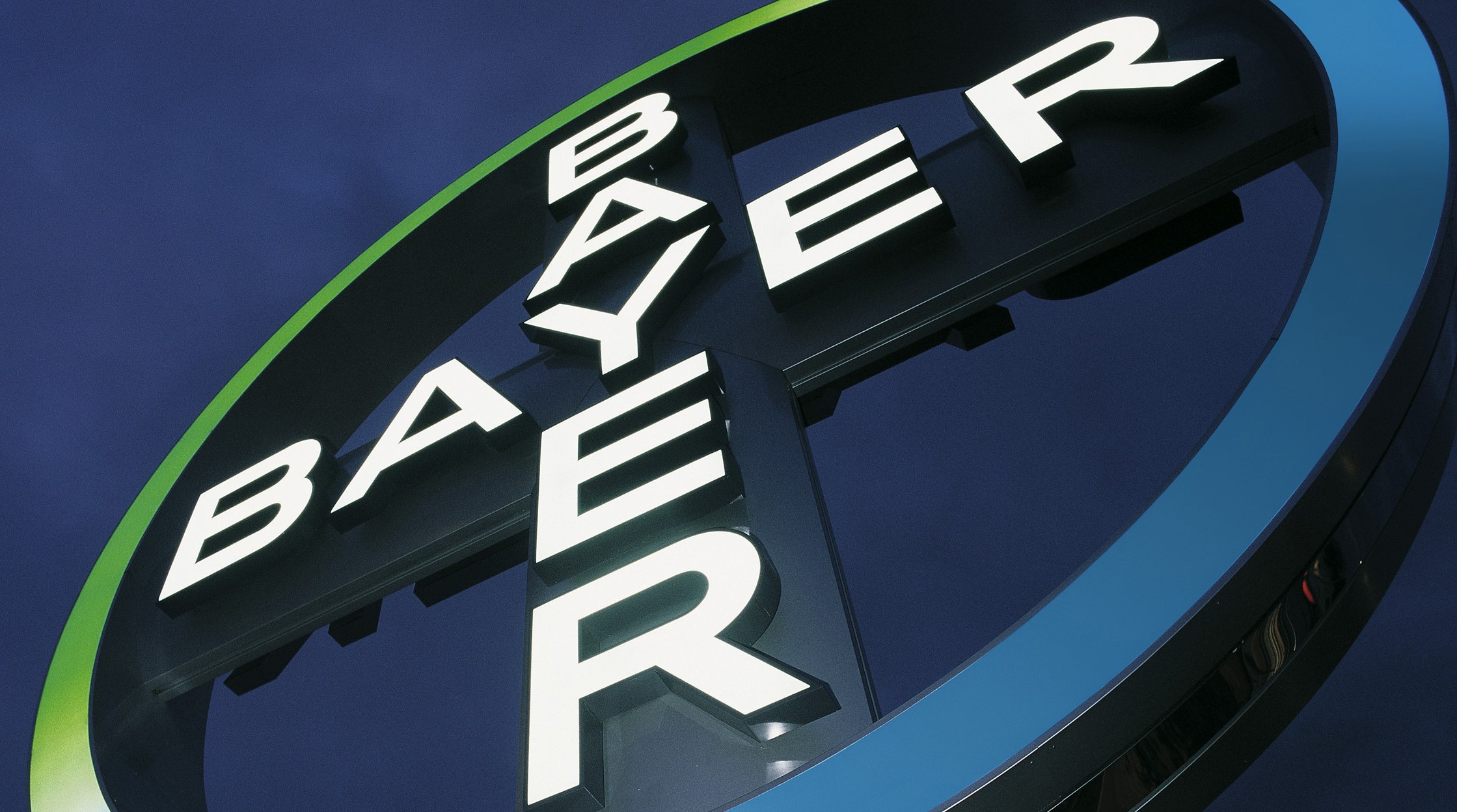Bayer data for kidney disease hope finerenone sets up filings

Bayer’s blockbuster ambitions for diabetic kidney disease (DKD) drug candidate finerenone look a lot firmer with the publication of data from the phase 3 FIDELIO-DKD trial.
Bayer teased the top-line result from the study back in July, providing the first clue that its sizeable investment in the finerenone programme could pay off, but kept the data under wraps other than to say the drug met the dual objectives of reducing renal and cardiovascular events in patients with type 2 diabetes and chronic kidney disease.
Now, the 5,734-patient study has been presented at the Kidney Week 2020 congress and simultaneously published in the New England Journal of Medicine, and the data look solid.
A second ongoing phase 3 trial – called FIGARO-DKD – is concentrating primarily on cardiovascular endpoints but also includes patients with earlier-stage kidney disease and has a read-out due next year.
Bayer is eyeing regulatory filings before the end of 2020 on the back of the FIDELIO-DKD results, which would set up a clash with SGLT2 inhibitors, drugs for diabetes that are also emerging as promising therapies for DKD.
That includes Johnson & Johnson’s Invokana (canagliflozin) – already approved for diabetic kidney disease – as well as AstraZeneca’s Farxiga (dapagliflozin) which showed positive results in the DAPA-CKD trial in both diabetic and non-diabetic subjects just last week.
Finerenone – billed as a first-in-class non-steroidal, selective mineralocorticoid receptor (MR) antagonist – reduced the risk of kidney disease progression or renal death by 18% when added to the highest tolerated dose of standard therapy in FIDELIO-DKD.
The drug also cut cardiovascular outcomes – including death from cardiovascular causes, nonfatal myocardial infarction, nonfatal stroke or hospitalisation for heart failure – by 14%.
“Overactivation of the mineralocorticoid receptor contributes to inflammation and fibrosis in the kidneys and heart, which represents an unmet medical need,” said lead investigator Prof George Bakris of University of Chicago Medicine.
“The results with finerenone are highly relevant for these patients who currently have limited options,” he added.
There is also a huge number of them. Diabetes is the leading cause of kidney failure, and there are estimated to be almost 850 million people worldwide with chronic kidney disease (CKD).
If approved, finerenone would enter a market in which J&J is struggling to overturn the lingering impact of black-box warnings over amputation risks with Invokana that were dropped in the summer. The drugmaker sees kidney disease as its route to growth after a couple of years of declining sales, and is promoting the new use strongly.
AZ meanwhile is on a roll with Farxiga, with the new data in CKD building on recent data for the drug in heart failure that is helping to drive sales growth, although patent expirations and the threat of generic competition are looming.
Bayer is also eyeing a heart failure indication for finerenone, and now has a phase 3 trial in heart failure with preserved ejection fractions (HFpEF) in play that if successful would unlock a hitherto untapped market with no approved drugs.













